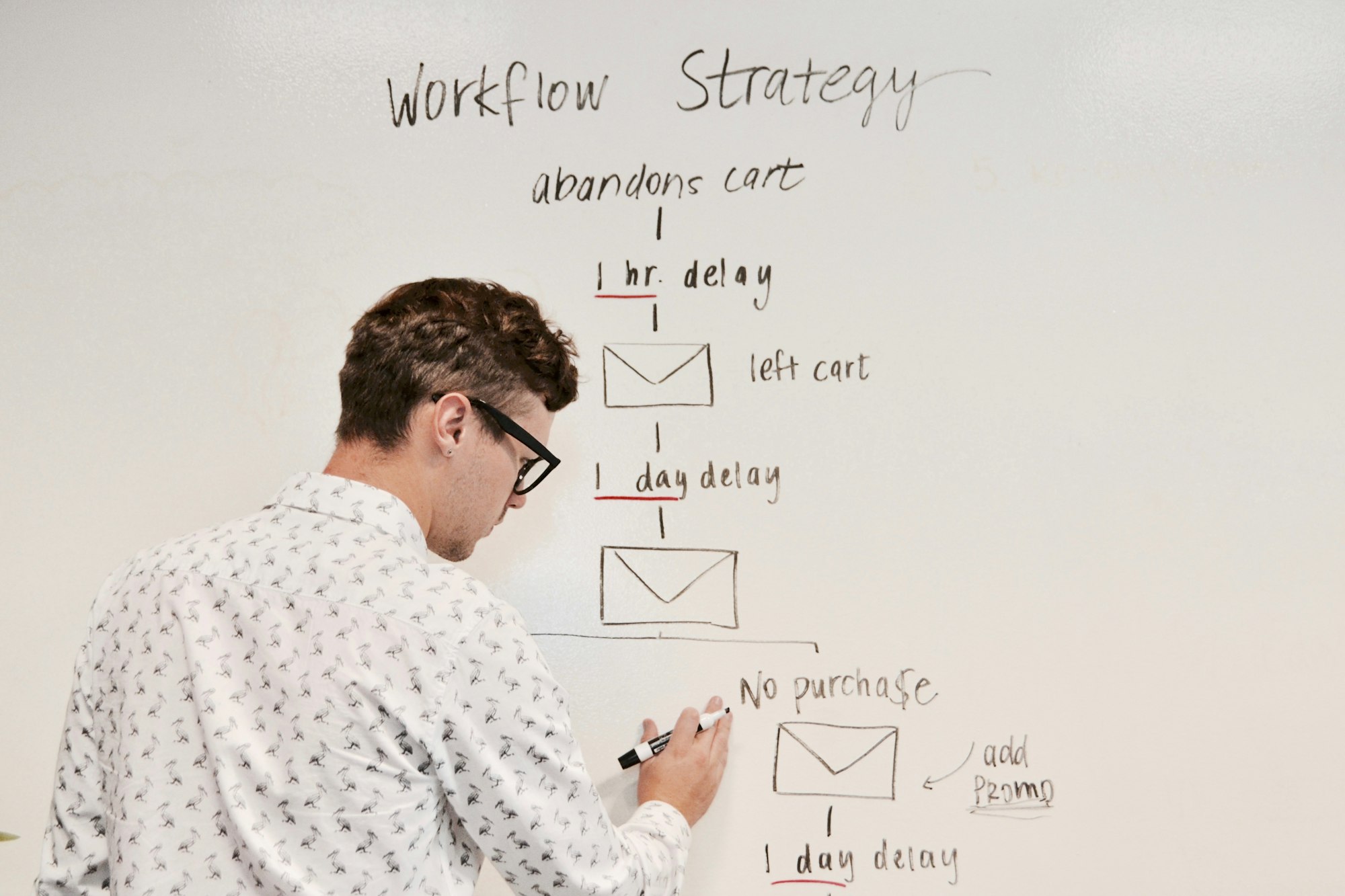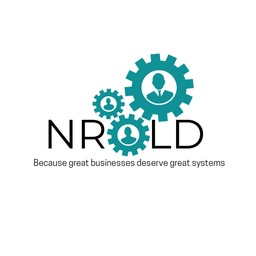A Guide to Getting Paid: How to Monetize Speaking Skills
Can you explain complex ideas in a way that is clear, engaging, and memorable? If so, you have a skill that is incredibly valuable. In a world full of digital noise, the ability to connect with a live audience is a superpower.

This guide provides a step-by-step framework to help you package your expertise, find your audience, and turn your speaking skills into a reliable source of income.
Step 1: Build Your Foundation: Find Your Topic and Craft a Signature Talk
Before you can get paid, you need to know what you are selling. You are not just selling an hour of your time; you are selling a solution to a problem. This starts with a focused topic and a polished presentation.
1. Find Your Profitable Topic.
The best topics exist at the intersection of three things:
- What you are passionate about: What could you talk about for hours?
- What you are an expert in: Where do you have real-world experience, skills, or knowledge?
- What the market will pay for: What problems are businesses or individuals actively trying to solve?
Actionable Task: Draw three overlapping circles. Label them "Passion," "Expertise," and "Market Need." The area where all three overlap is your sweet spot.
Example:
- Passion: Helping people be more productive.
- Expertise: 10 years of experience as a project manager leading remote teams.
- Market Need: Companies are struggling with productivity and team connection in a hybrid work environment.
- Your Profitable Topic: "How to Lead High-Performing Hybrid Teams."
2. Craft Your Signature Talk.
This is your core, 45-minute presentation that you will become known for. It should be powerful, repeatable, and adaptable.
A Winning Structure for Your Signature Talk:
- The Hook (The first 2 minutes): Start with a surprising statistic, a relatable story, or a provocative question to grab the audience's attention.
- The Body (35-40 minutes): Present 3-5 key points. For each point, use stories, data, and examples to make it memorable. This is where you deliver your core value.
- The Close (The last 5 minutes): Summarize your key takeaways and end with a powerful call to action. What is the one thing you want the audience to do or think differently about after your talk?
Step 2: Build Your Proof: Get Experience by Speaking for Free
No one will pay you to speak until you can prove you are a great speaker. This means you need to adopt a "free before fee" strategy. The goal of speaking for free is not to work for nothing; it is to gather the essential marketing assets you need to get paid gigs.
Where to find free speaking opportunities:
- Local service clubs (Rotary, Kiwanis, Lions Club).
- Your local Chamber of Commerce.
- Non-profit organizations.
- Guest lectures at local colleges or universities.
- Guest appearances on podcasts (this is great speaking practice).
For every free gig you do, your only goal is to walk away with three things:
- A high-quality video recording of your speech. This is non-negotiable.
- A written testimonial from the event organizer.
- Two or three referrals to other groups who might need a speaker.
Actionable Tip: Before you agree to speak for free, tell the organizer, "I would be happy to speak for your group. My only request is that you allow me to record my presentation for my professional portfolio and that you'd be willing to provide a short testimonial if your members find the talk valuable."
Step 3: Create Your Speaker "Toolkit": Your Marketing Materials
Once you have a great talk and some proof that you can deliver it, you need to package it professionally. This toolkit makes it easy for event planners to see your value and hire you.
Your Speaker Toolkit must include:
- A Professional Headshot: A clear, high-quality photo of you.
- A Speaker One-Sheet: This is a one-page PDF that acts as your speaker resume. It should include your headshot, a short bio, descriptions of your signature talks, 2-3 testimonials, and your contact information.
- A Speaker Page on Your Website: This is your digital home base. It should feature everything from your one-sheet, plus your speaker video. It needs a clear call-to-action button, such as "Book Me to Speak."
- A Speaker Sizzle Reel (Demo Video): This is the most important tool in your kit. It is a 2-3 minute highlight video that shows you in action. Use the footage from your free gigs to create it. It should feature your most powerful moments on stage, audience reactions, and short testimonial clips.
Step 4: Start Pitching and Set Your Fees
Now you are ready to start looking for paid opportunities.
Where to Find Paid Speaking Gigs:
- Corporations: Many companies have budgets for internal training, team off-sites, and lunch-and-learn events. The HR or department heads are good people to contact.
- Industry Associations and Conferences: Every industry has associations that hold annual or regional conferences. These are a primary source of paid speaking gigs.
- Speaker Bureaus: These are agencies that connect speakers with events. Bureaus are typically for more established speakers, so make this a long-term goal.
How to Pitch Yourself:
Your pitch should be a short, professional email. Focus on the organizer's problem, not your own need to get booked.
Sample Pitch Email:
- Subject: Speaker for your upcoming [Conference Name]
- Body: "Hi [Organizer's Name], My name is [Your Name], and I am a speaker who specializes in [Your Topic]. I see your conference theme is [Conference Theme]. My talk, '[Your Talk Title],' on how to lead productive hybrid teams could be a great fit for your audience of [Audience Type]. You can see a short video of me in action and learn more on my speaker page here: [Link to your speaker page]. I've also attached my speaker one-sheet. Would you be open to a brief chat next week to see if I might be a good fit?"
How to set your speaking fees:
As a new paid speaker, you might start in the range of $500 - $1,500 for a local event. As you get more experience, testimonials, and better video footage, you can increase your fees significantly. National keynote speakers can earn $10,000, $20,000, or more.
Action builds business. Start small, start smart—then scale.

This content is AI-assisted and reviewed for accuracy, but errors may occur. Always consult a legal/financial professional before making business decisions. nrold.com is not liable for any actions taken based on this information.


